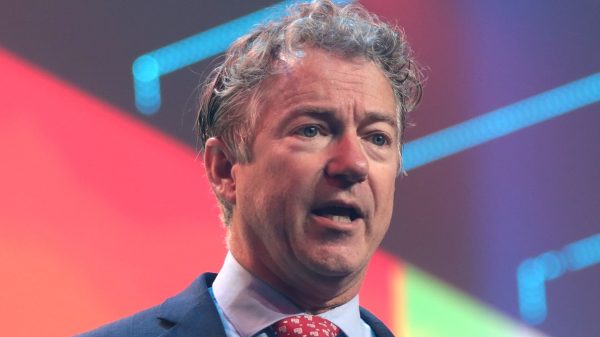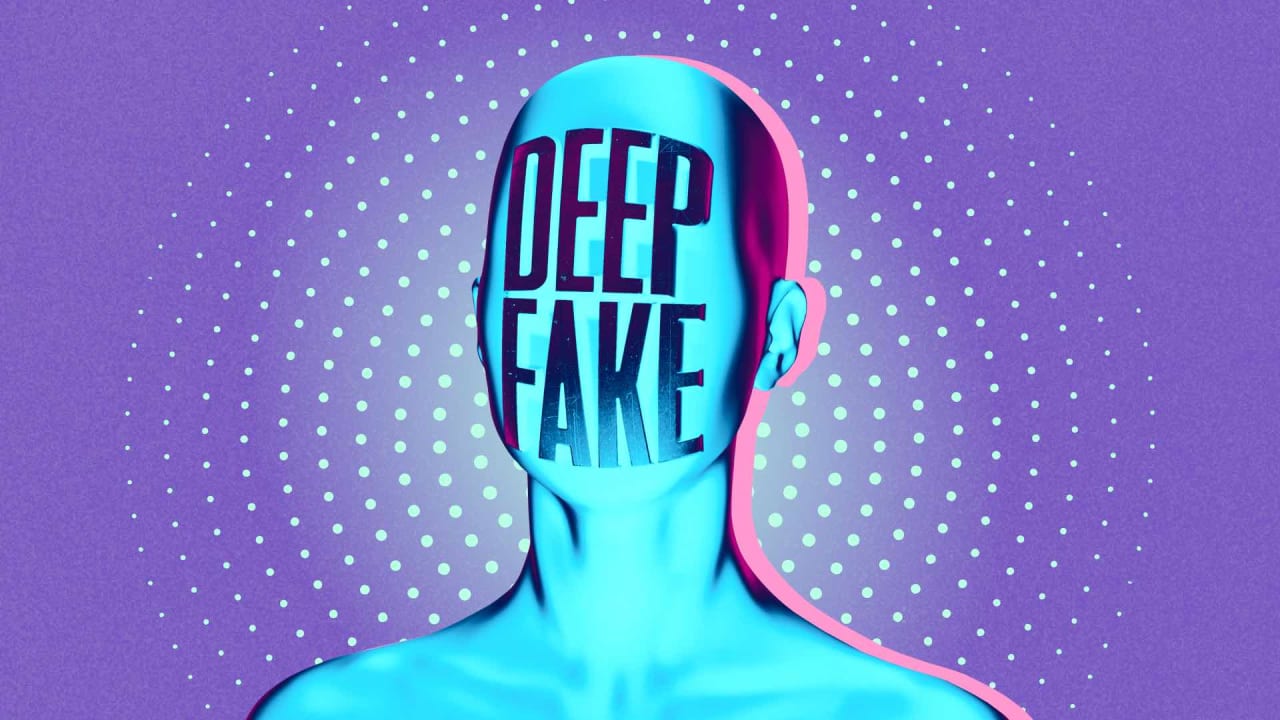In a jarring wake-up call for digital privacy and ethics, Taylor Swift has become the latest victim of AI-generated explicit content, thrusting the issue into the limelight and prompting urgent government intervention. The emergence of deepfake pornographic images featuring the global pop sensation on a prominent platform has reignited the conversation on the potential harm and malicious use of artificial intelligence in the digital realm.

Photo from Google
Swift’s Struggle: A Celebrity’s Battle with AI Deception
The invasion of Taylor Swift’s image by deepfake technology underscores the sinister potential of AI to exploit high-profile personalities. Swift’s fanbase has rallied on social media platforms to counter the misleading content, highlighting the need for swift action to protect not only celebrities but also ordinary individuals from the far-reaching consequences of AI-generated explicit material.
Beyond the celebrity sphere, the incident at a New Jersey high school, where female students fell victim to an AI-generated pornography scandal, paints a stark picture of the real-world impact of unchecked digital manipulation. This distressing revelation emphasizes the urgency of comprehensive legal measures to curb the nonconsensual creation and sharing of AI-generated explicit imagery.
READ ALSO: Kansas Legislators Seek Accountability Following Controversial Newspaper Raid
Legislation on the Horizon: Government Responds to Deepfake Peril
Acknowledging the gravity of the situation, bipartisan efforts are underway in the U.S. government to address the legal gaps surrounding deepfakes. The reintroduction of the Preventing Deepfakes of Intimate Images Act by Reps. Joseph Morelle and Tom Kean signals a pivotal step toward criminalizing the nonconsensual sharing of digitally altered pornographic images at the federal level, offering hope for a more robust defense against such cyber threats.
As technology continues to evolve, the proposed legislation represents a proactive stance to safeguard privacy and reputations in the digital age. The swift government response reflects a recognition of the broader implications of AI-generated explicit content, with the aim of fortifying legal frameworks to protect individuals from the malicious use of advanced technologies.
READ ALSO: Tragedy Strikes: Families Speak Out After 3 Men Found Dead In Friend’s Backyard Following Chiefs Game – ‘Extremely Devastating’

















































